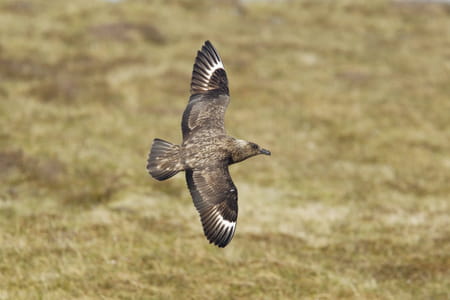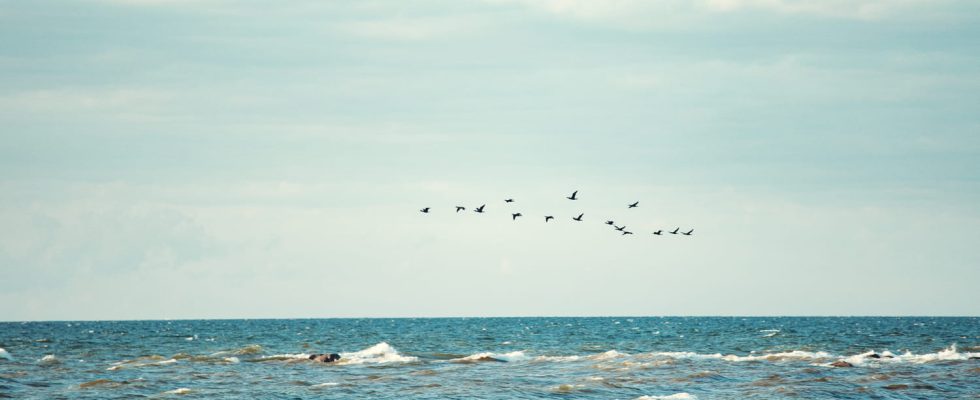The “sea pirate” is experiencing a real decline in its population. It could completely disappear very quickly.
Many animals are now threatened with extinction. The International Union for Conservation of Nature, a leading intergovernmental organization in the field, had identified in 2022 more than 40,000 species that could disappear, with this figure only increasing. Global warming, pollution, human construction and fishing can in fact endanger many living groups.
Others are threatened by a scourge that has been raging for several years: avian flu. The Royal Society for the Protection of Birds (RSPB) notably declared, according to the BBC, that it was “one of the greatest immediate threats to the conservation of many seabirds”. The H5N1 strain has, in fact, spread to wild birds since the summer of 2021. For the RSPB, this is a real “alarm signal”.
One animal is particularly affected: it is the great skua, also known as Skua or Great Skua. This is particularly present in Scotland. Its population was down 76% in 2023, the RSPB said, while it was changing favorably before the avian flu. In 2022, at least 2,591 great skuas have become extinct.
The large skua can reach a wingspan of 140cm and weigh 1600g. Its plumage is often dark brown with white bands. He is also nicknamed “sea pirates”. He owes this nickname to his eating habits. This bird is, in fact, capable of attacking other birds with its beak to make them spit out their own prey and thus be able to steal their meals, like a pirate who steals food from another ship. It mainly attacks boobies and gulls. It can even devour its own young. However, he does not attack the man.

Sea pirates are not the only birds whose population has been drastically reduced in recent months. The RSPB report studied 13 bird species from May to July 2023. Gannets were also badly affected with a 25% drop in their population compared to a bird population census report carried out between 2015 and 2021. As for roseate terns, the fall is 21%.
To compensate for this extinction, the United Kingdom would have a big role to play according to the RSPB since many birds come to breed there. “It is encouraging to realize that if we take the right steps in the UK, it will actually benefit global populations to a very significant extent,” explained RSPB policy assistant Jean Duggan.
